Independent fuel retailers are fighting back against the hypers after two decades of the toughest possible conditions to survive in business, according to Ramsay MacDonald, retail director at Certas Energy, speaking at last month’s Indie 5000 dinner, organised by Forecourt Trader magazine.
MacDonald emphasised the importance of investing now, in both forecourt and shop, to protect future margins: "Changing consumer behaviour also means that more and more people recognise the value of independent retailers within their communities. While always a low margin, high-cost business, retail margins are holding up, which is good news and an ideal time to invest in the forecourt and shop to protect margins going forward."
He also called upon the UK’s fuel suppliers to follow the lead of Certas Energy and become much more transparent in their invoicing.
"It’s unrealistic to talk about long-term relationships and, at the same time, present petrol retailers with hidden costs which, from some suppliers, are not highlighted during contract negotiations. We’ve seen examples where dealers have been charged up to £20,000 more than they expected over the course of a year. We urge all dealers to check out their invoice price, before they commit. Our pledge is that we are happy to show our price whatever the outcome and would urge other suppliers to be as frank."
Guests at the Indie 5000 dinner, held at the Hilton Birmingham Metropole, included a broad spectrum of independent retailers from the largest operators such as Rontec, to those with a handful of sites or less; as well as key suppliers to the sector, including sponsors FastTrak, Londis, Phillips 66, Tchibo and Washtec. After-dinner speaker was David Bryon, founder and former managing director of low-cost airline BMIBaby. The event preceded the ACS/PRA Forecourt Forum, held in the same venue the following day.
During a packed day of presentations, including the Future of Forecourts report from HIM’s Blake Gladman; and featuring Jeremy Clarke from MFG, the results of the Accenture/PRA Independent Operator Survey were revealed by Zara Bahrololoumi, managing director within Accenture. She discussed key challenges in the industry and how these represented an opportunity for fuel retailers to differentiate their brand.
Findings from the survey included the fact that 78% of retailers believe customers choose other petrol stations because of cheaper prices; and 45% said customers go elsewhere due to a lack of services on their sites.
"So there is an elusive ’sweet spot’ that we need to strike," she said, "that of maintaining a competitive fuel price, but retaining sufficient margin to invest in on-site services. Retailers need to invest in services that will attract customers, which is difficult to do without insight and data. Retailers told us that this ’sweet spot’ could be quite elusive, because they have few and very busy site staff who are some of the hardest working in the industry. It’s time consuming to put in the business controls to maximise profitability."
Bahrololoumi said there had actually been little change in the types of services being offered by the UK petrol industry, although there had been some "brilliant developments" in recapturing market share by the independents, fuelled largely by the major brand divestments. "The significance of these should not be underestimated," she said. However, she believes petrol stations in general aren’t innovating at the rate of the rest of the retail industry. "This is where hypermarkets could come back and really capture some market share."
Further research showed that "a staggering 84% of retailers" would renew their commercial agreement with their fuel suppliers, yet a third of them rated the support they get as below average.
"For those of you who would not renew, the cost of the agreement is the primary blocker. Yes, the major brands are investing in the diversification of retail services, but only 30% of retailers receive technical support from their brand provider, and only 7% rate the service from their brand provider as excellent. "In our opinion, we think there is scope for you to demand more from your brand provider."
The research also showed that more than 50% of retailers said they would like their brand provider to increase their role in compliance; loyalty schemes; technical support; payment services; promotions; and wet-stock distribution.




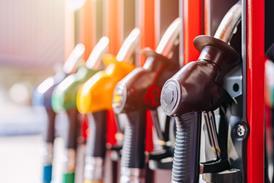
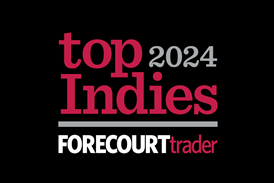


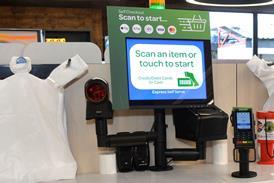

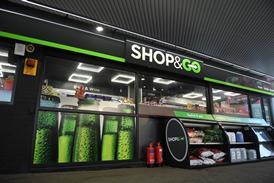

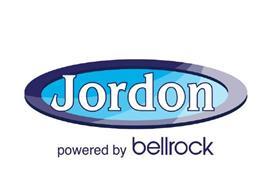










No comments yet